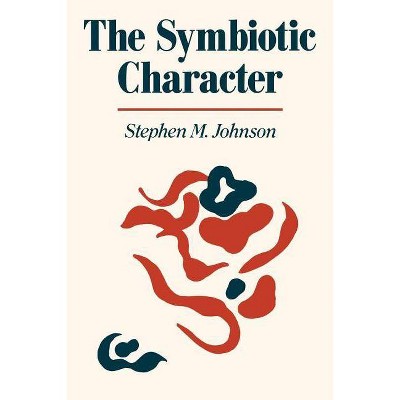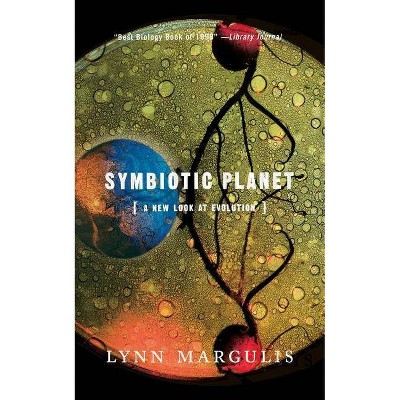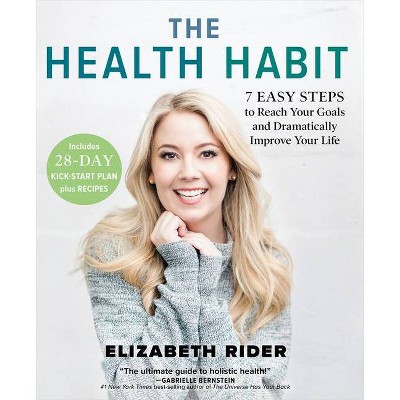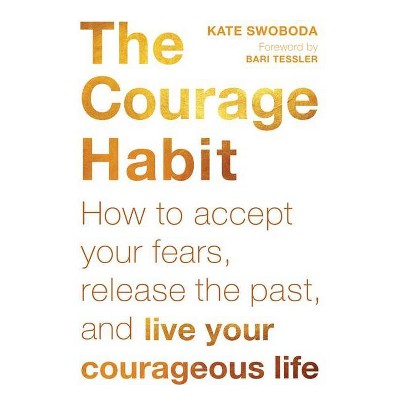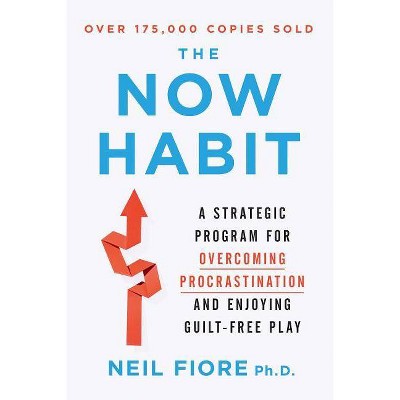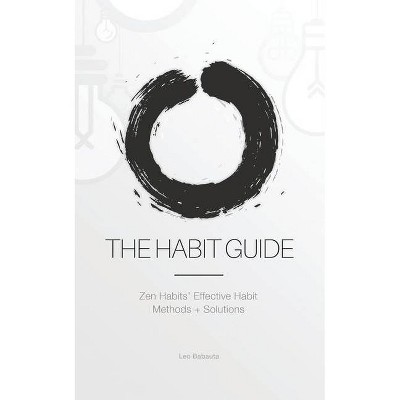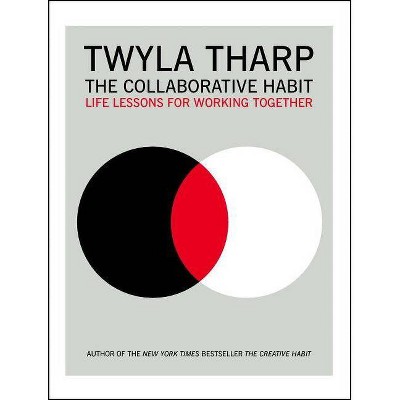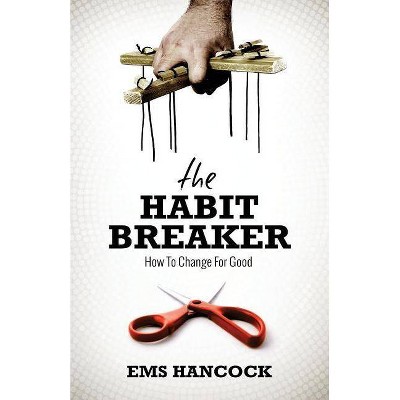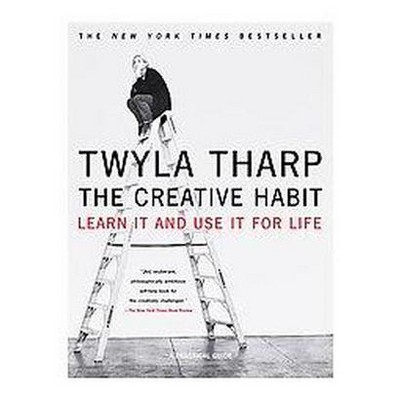The Symbiotic Habit - by Angela E Douglas (Paperback)
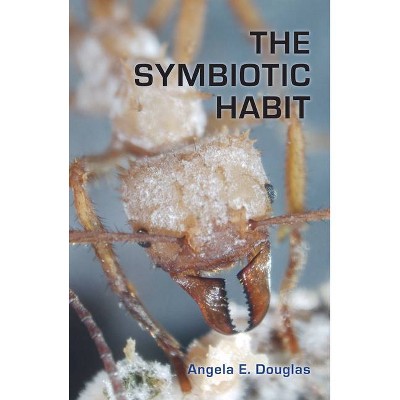
Similar Products
Products of same category from the store
AllProduct info
<p/><br></br><p><b> Book Synopsis </b></p></br></br><p>Throughout the natural world, organisms have responded to predators, inadequate resources, or inclement conditions by forming ongoing mutually beneficial partnerships--or symbioses--with different species. Symbiosis is the foundation for major evolutionary events, such as the emergence of eukaryotes and plant eating among vertebrates, and is also a crucial factor in shaping many ecological communities. <i>The Symbiotic Habit</i> provides an accessible and authoritative introduction to symbiosis, describing how symbioses are established, function, and persist in evolutionary and ecological time. <p/> Angela Douglas explains the evolutionary origins and development of symbiosis, and illustrates the principles of symbiosis using a variety of examples of symbiotic relationships as well as nonsymbiotic ones, such as parasitic or fleeting mutualistic associations. Although the reciprocal exchange of benefit is the key feature of symbioses, the benefits are often costly to provide, causing conflict among the partners. Douglas shows how these conflicts can be managed by a single controlling organism that may selectively reward cooperative partners, control partner transmission, and employ recognition mechanisms that discriminate between beneficial and potentially harmful or ineffective partners. <p/><i>The Symbiotic Habit</i> reveals the broad uniformity of symbiotic process across many different symbioses among organisms with diverse evolutionary histories, and demonstrates how symbioses can be used to manage ecosystems, enhance food production, and promote human health.</p><p/><br></br><p><b> From the Back Cover </b></p></br></br><p>"This is an essential volume for any reader seeking a comprehensive overview of symbiosis. Covering a wide range of topics from both ecological and evolutionary perspectives, <i>The Symbiotic Habit</i> is a pleasure to read."<b>--Judith L. Bronstein, University of Arizona</b></p><p>"<i>The Symbiotic Habit</i> is a serious and authoritative analysis by a leading scholar in the field. The book's greatest strength is its substantive treatment of a carefully selected, up-to-date set of references. The data and questions presented here should provide provocative fodder for discussion in graduate and advanced undergraduate courses."<b>--Mary Beth Saffo, Harvard University</b></p><p/><br></br><p><b> Review Quotes </b></p></br></br><br><i>The Symbiotic Habit</i> is a masterpiece of decisive empirical studies covering a wide range of symbioses. . . . The beauty of the <i>Symbiotic Habit</i> is that the book focuses on big questions, even if the answers are not yet clear. . . . Douglas' newest book is helping to create a research environment that asks all the right questions.<b>---Toby Kiers, <i>Ecology</i></b><br><br>Angela Douglas raises questions and issues which are common to all or nearly all symbioses and so her book should be read by symbiologists and also by those interested in ecology or evolution. The wide range of topics discussed should provoke researchers in all these fields to look at their own pet system in a new light.<b>---D. H. S. Richardson, <i>Symbiosis</i></b><br><br>Douglas, an established symbiosis authority, revisits the subject with new research data on the evolutionary origins of the well-studied mutualistic symbioses. . . . She convincingly illustrates the impact of symbiosis on evolutionary diversification, coevolution and cospeciation, and speciation. The book correctly highlights harnessing symbioses for human benefits including novel bioactive compounds and strategies for pest control management; it also discusses the role of microbiota in human health.-- "Choice"<br><br>I would recommend <i>The Symbiotic Habit</i> to any ecologist wanting to widen their understanding of the complexity of species interactions and the ecosystems, which are made up of these interdependent species.<b>---Sapphire McMullan-Fisher, <i>Austral Ecology</i></b><br><br>I would recommend this book as a very good summary of modern symbiosis research.<b>---Klaus Hövemeyer, <i>Basic and Applied Ecology</i></b><br><br>In <i>The Symbiotic Habit</i>, the reader will find an authoritative glimpse into the fascinating world of symbiosis and the concepts that are emerging from recent advances.<b>---John J. Stachowicz, <i>BioScience</i></b><br><p/><br></br><p><b> About the Author </b></p></br></br><b>Angela E. Douglas</b> is the Daljit S. and Elaine Sarkaria Professor of Insect Physiology and Toxicology at Cornell University. She is the author of <i>Symbiotic Interactions</i> and the coauthor of <i>The Biology of Symbiosis</i>.
Price History
Price Archive shows prices from various stores, lets you see history and find the cheapest. There is no actual sale on the website. For all support, inquiry and suggestion messages communication@pricearchive.us
